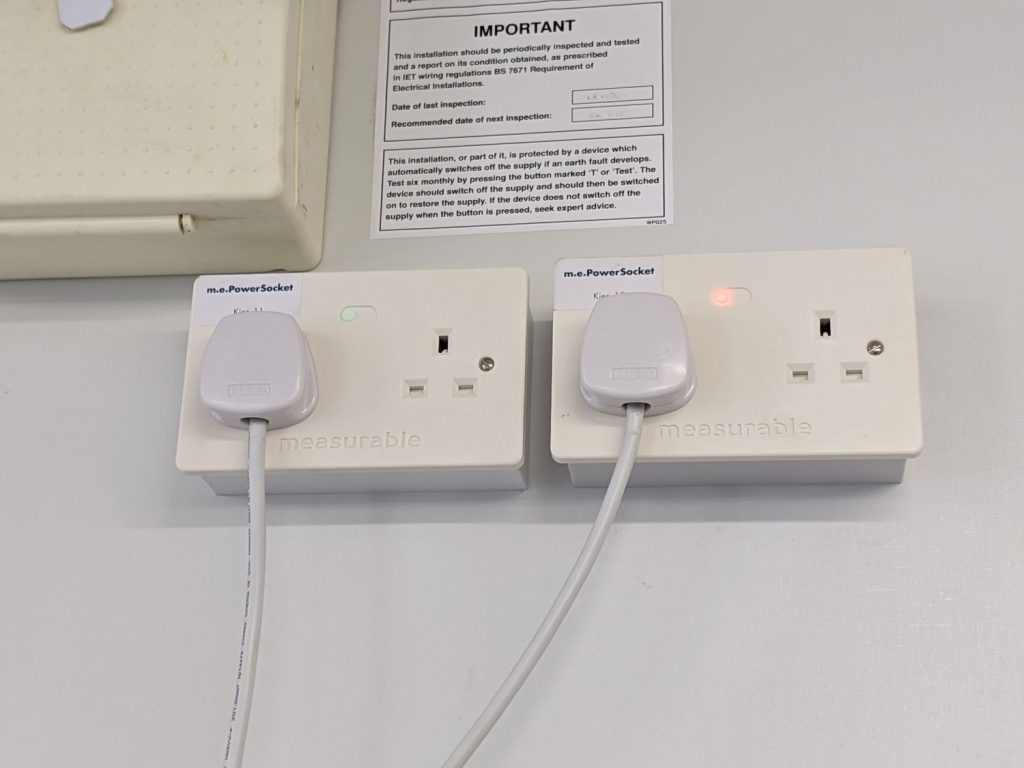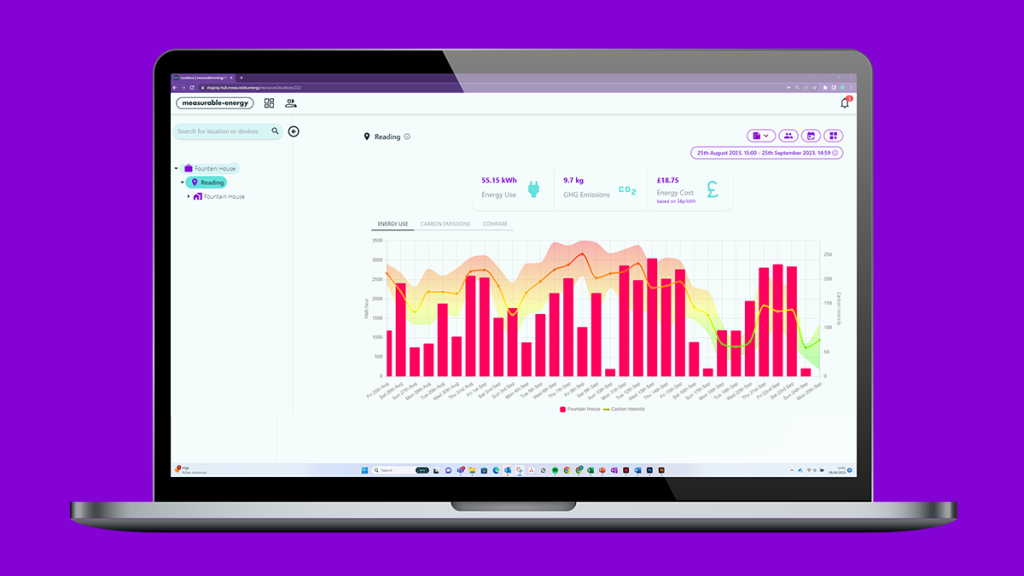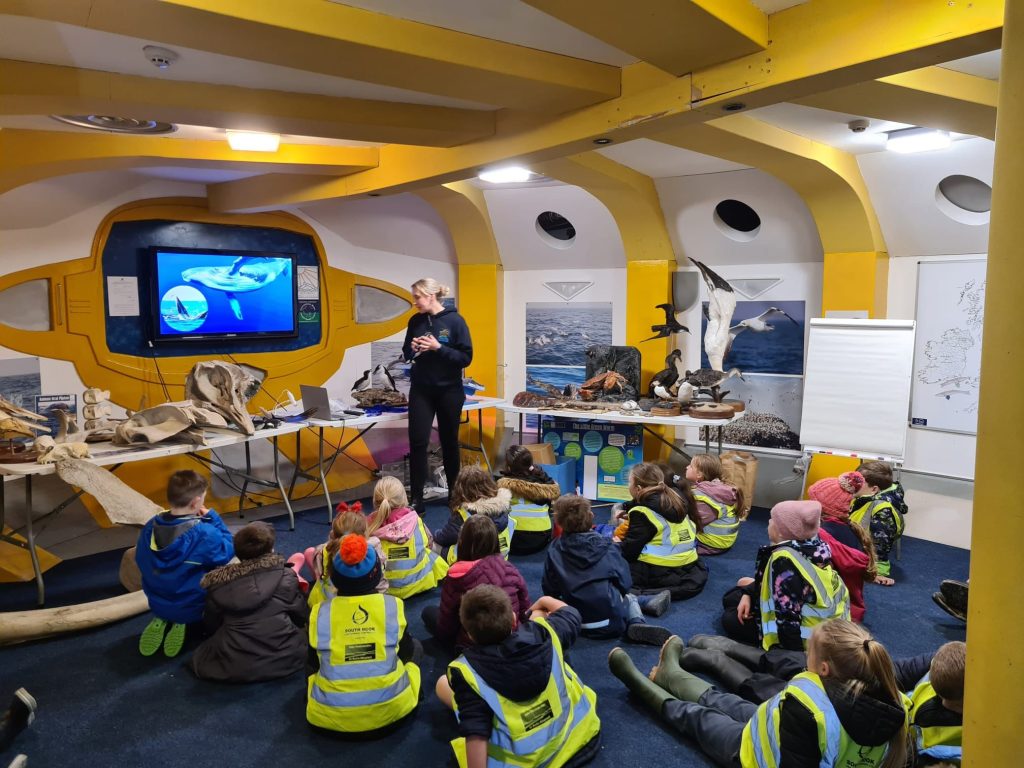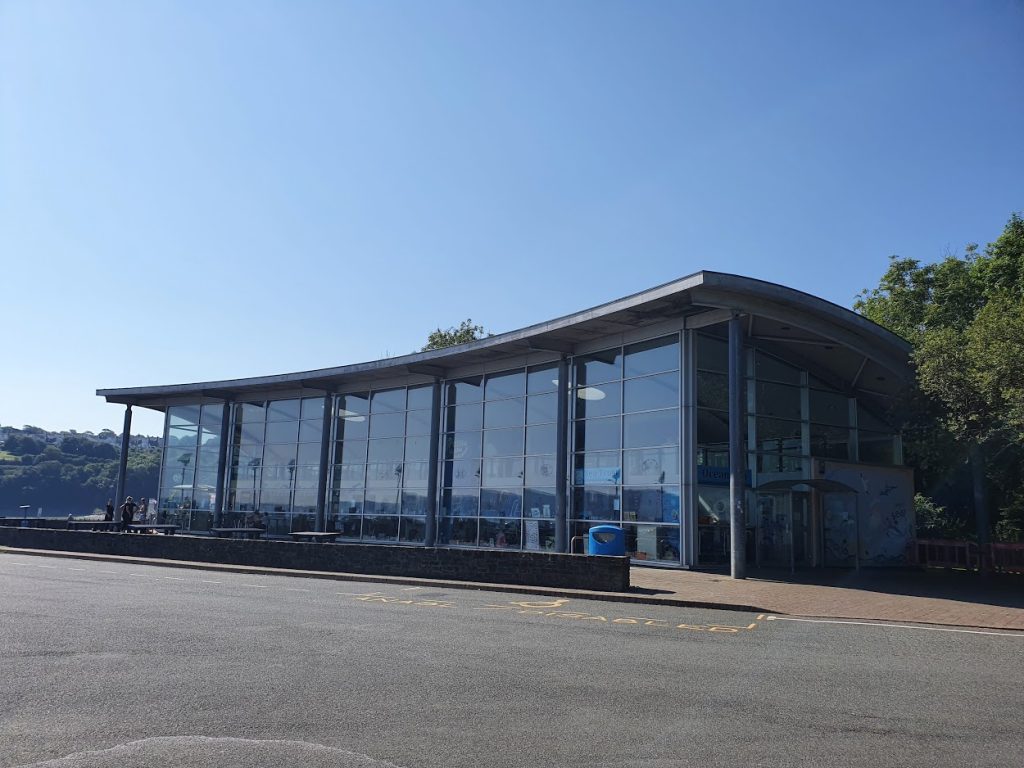For over 12 years, SPECIFIC has been working with businesses to support the development of renewable technologies and solve real-world challenges. During this time, we have built a network of contacts and organisations from across Wales, the UK, and beyond. In this Q&A, Dr Hasan Hayat (HH) and Dr Mark Spratt (MS) from our Business Development team talk about how this network has benefitted our collaborators in ways that go beyond our direct support.
What is the purpose of the businesses development team?
HH: The Business Development team link opportunities from SPECIFIC’s research and technology base with organisations large and small in Wales, UK and globally. Through proactive engagement with business and showcasing SPECIFIC’s expertise in the areas of decarbonisation, renewable energy, solar power, smart systems and IoT, and Active Building design, organisations can solve real-world challenges through developing innovative technologies, products, and services in line with SPECIFIC’s vision for a just transition to Net Zero.
MS: The Business Development team act as knowledge brokers between SPECIFIC and other organisations. This a two-way process and at times enables our staff to learn from and respond to industry. The Business Development team play an important role in bringing sometimes very different perspectives to academic researchers, helping them identify and focus on key issues. Engagement is not only beyond Swansea University: together with colleagues in other departments we will seek to bring together the most impactful set of skills to address the problems we face.
How might access to SPECIFIC’s network benefit businesses, especially SMEs?
HH: Over the last 12 years, SPECIFIC’s Business Development team have built an extensive network of contacts in industry, higher education, and the public sector. Businesses (particularly SMEs) that we support are also able to access this network, in addition to our demonstrator buildings, specialist equipment, facilities, personnel, and expertise. This network can help them (1) open up new opportunities including lead generation, (2) conduct additional pilot projects, (3) develop and submit collaborative funding bids, and (4) market their respective technologies and products resulting in increased brand awareness.
A good example of the above is our collaborative project with Reading-based SME measurable.energy, back in 2021. The project focused on data acquisition, testing and developmental support of their energy-saving plug sockets, powered by machine learning. Since the completion of the project, measurable.energy has secured £4.5m in Series A funding, expanded their team to over 20 staff, and won several awards.
Through our relationship, we introduced measurable.energy to two large-scale construction companies that they later collaborated with: Kier and the Wernick Group. measurable.energy conducted a separate pilot project with Kier resulting in a 59% reduction in energy use. In addition, Wernick have installed around 50 measurable.energy plug sockets at their head office as part of their future decarbonisation plans.
MS: Addressing decarbonisation and the energy transition requires a system wide approach and cannot be addressed by any one organisation. For all of the organisations with which we work they represent only one part of the solution. In such a fast-moving emergent sector SPECIFIC’s business development team can play an important role in providing links to partners with the necessary skills and expertise to help bring a product or service to market.
What are some recent business collaborations that have excited you?
HH: In addition to our project with measurable.energy, another recent collaboration that excited me was a multi-partner project with CAE Technology Services, Cisco, EnOcean, and IST Ltd. SPECIFIC was able to facilitate the collaboration by acting as the lead academic partner and offering our Pilot Manufacturing Resource Centre (PMRC) in Baglan as a testbed for the deployment of the hardware and software associated with the project.
The project focused on conducting a proof-of-concept data acquisition and monitoring study at the PMRC, using wireless environmental and energy monitoring sensors provided by EnOcean, Cisco hardware, and a software dashboard (iSPAYCE) provided by ISTL. In addition to acquiring valuable environmental and energy data using state-of the-art EnOcean sensors over a period of 8-9 months, the project enabled us to answer a number of key questions related to ease of deployment of the newly proposed system. We were able to validate the acquired data, add new energy monitoring functionality within iSPAYCE, and provide feedback on the overall performance of the system prior to deployment in other buildings.
MS: SPECIFIC’s Business Development team work with organisations as diverse as multi-nationals, SMEs, local authorities and charities. I was recently part of a project to support the Goodwick based charity Sea Trust Wales with understanding the energy performance of the Ocean Lab, a building that had recently come into their possession.
By working collaboratively with the Trust we were able to equip them with a better understanding of their heating system and how to operate it more efficiently. Through discussing their needs and opportunities we developed a model to give them a clear understanding of how they might use PV and batteries to drive down both their energy bills and their use of fossil fuels. Transition Bro Gwaun, with whom SPECIFIC had previously collaborated, subsequently provided part of the funding for the Trust to install a PV system. The system was installed by Solar Centric using modules from BiPVco, both companies that SPECIFIC has previously supported.
Two things excite me about this project: firstly that we were able to support the Trust through such a challenging time and secondly that a solution presented itself in the form of a grant, manufacturer and installer from the local area. SPECIFIC’s network is international, yet still offers great strength in our local space.
What our collaborators say:
“Working with the SPECIFIC team has opened new opportunities to us within the construction industry. The key contacts we’ve been introduced to have enabled us to pilot our technology and gather invaluable feedback.”
Dr Dan Williams, CEO and Co-Founder of measurable.energy
“Since [Wernick’s initial collaboration with SPECIFIC on the Active Office] SPECIFIC has been involved with measurable.energy and their innovative machine learning solution. Wernick were reviewing the application of the technology within one of their buildings, knowing that SPECIFIC had collaborated with measurable.energy on reviewing the product gave Wernick further assurances that the product was suitable for the application within a modular building.
Wernick have now introduced mearuable.energy’s plug sockets in their head office and modular building offering. A key part of future requirements for the machine learning solution is a fused spur option which will allow for further savings to be made across a wider range of electrical equipment.”
Alexis Massey, Group Sustainability Manager, Wernick Group Ltd
“After purchasing the Ocean Lab building, without any information provided from previous owners, we were very unsure of the systems in place, let alone the potential that the building had. The work by SPECIFIC has opened our eyes to how the building uses its energy, how we can be more energy efficient and the huge amount of potential the building has. Our relationship with Transition Bro Gwaun has improved as a result of this project. Thanks to the detailed report produced and the connection with SPECIFIC, we have been able to secure funding from Transition Bro Gwaun to put solar panels on the Ocean Lab roof. This will have a huge impact on our energy bills and our carbon footprint. This is very important to us as an environmental charity.”
Holly Dunn, Project Manager, Sea Trust Wales
“After a visit to the Active Buildings at Swansea University, in 2018 Transition Bro Gwaun (TBG) commissioned SPECIFIC to produce a feasability study into redevelopment of a large community building in Fishguard along similar principles. We are now exploring with SPECIFIC our ambition to build a ‘TBG Active Building’ in Fishguard.
The new PV roof at Sea Trust’s building at Goodwick is one of fourteen local projects that TBG has been able to support through its Community Climate Fund, launched in 2021. We encourage our Climate Fund Applicants, where relevant, to seek advice from SPECIFIC.”
Tom Latter, Trustee at Transition Bro Gwaun





